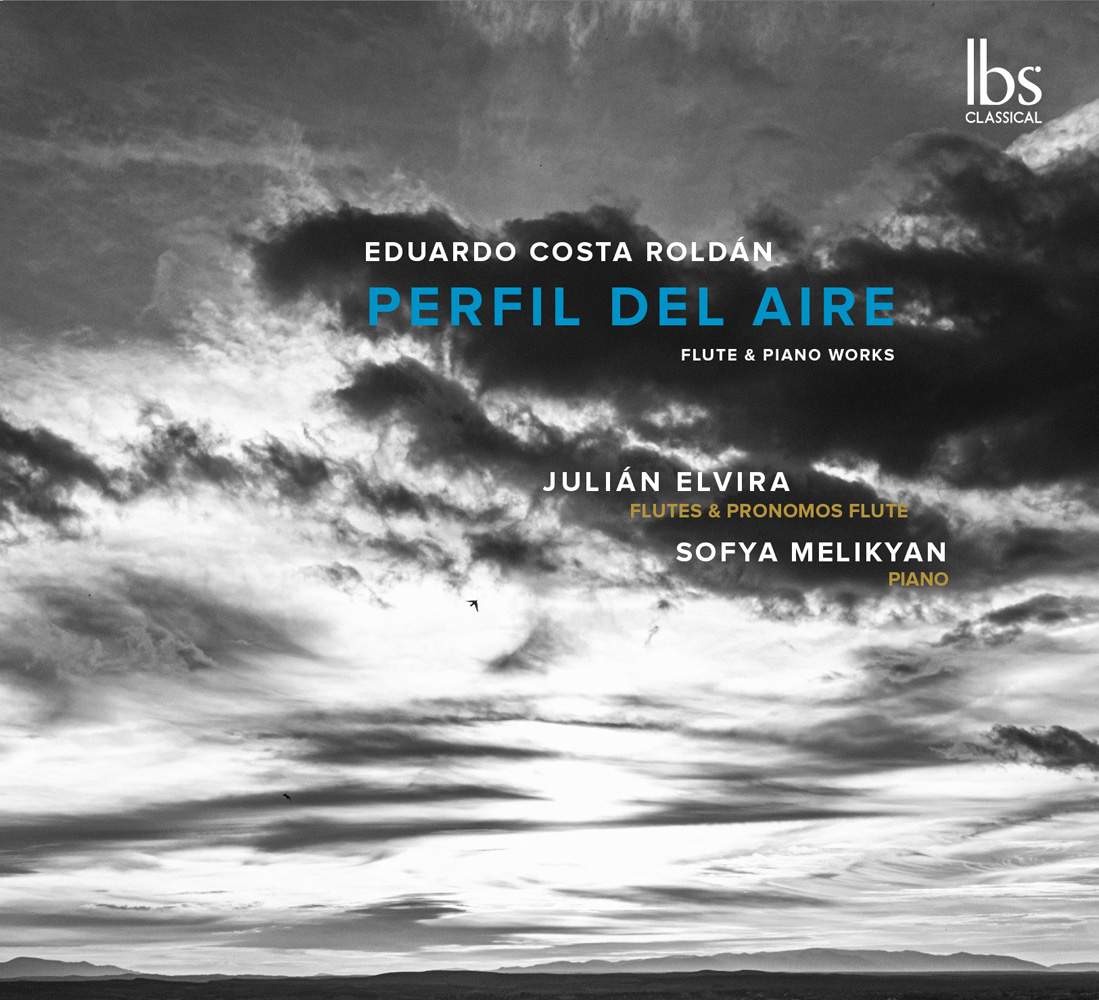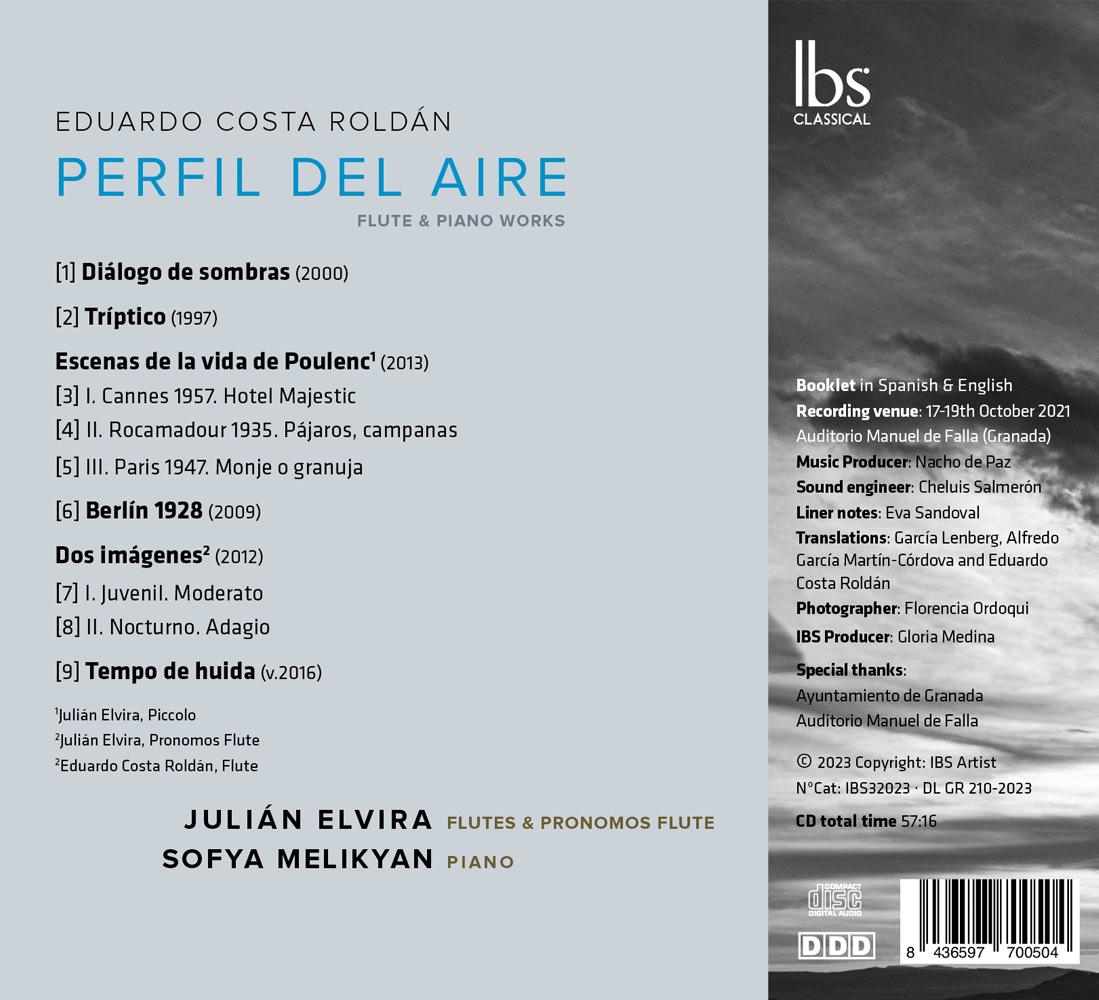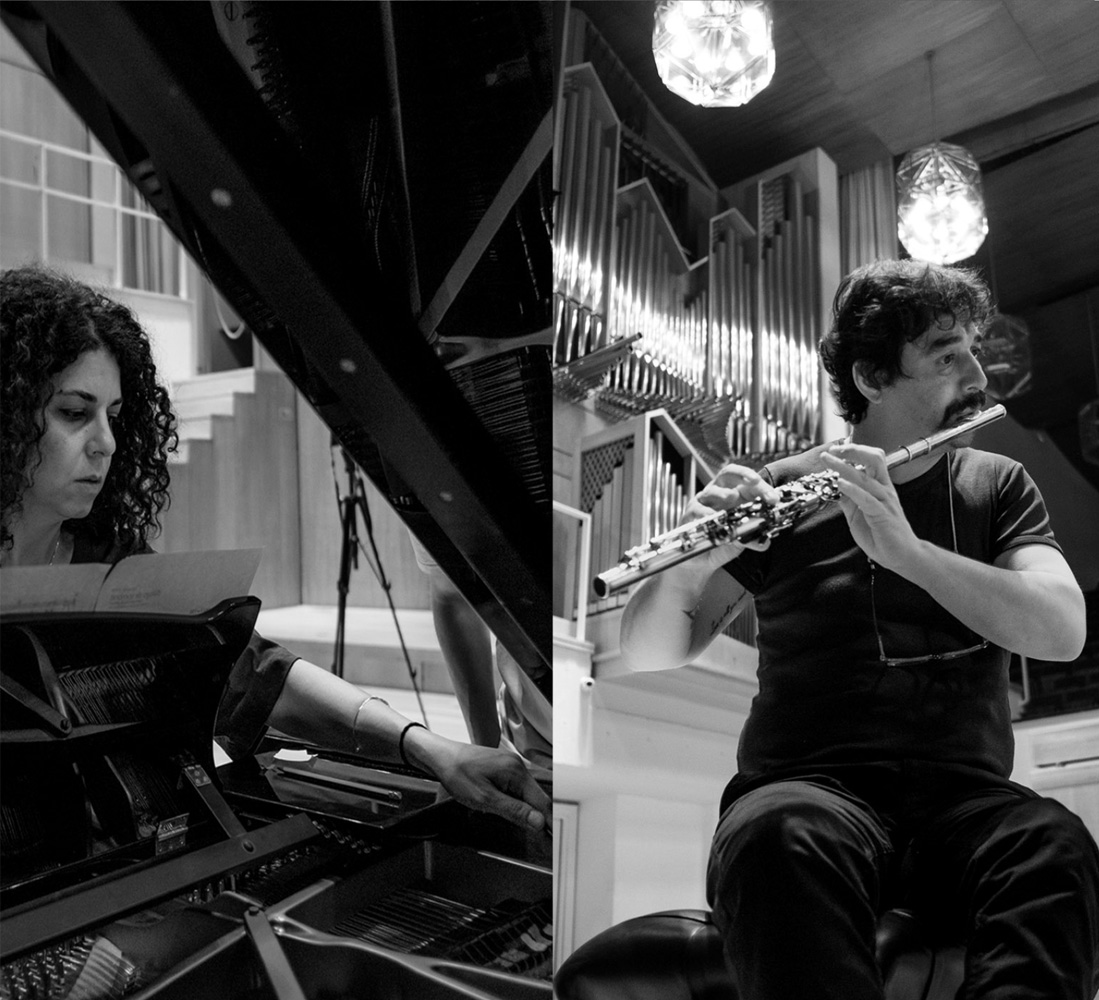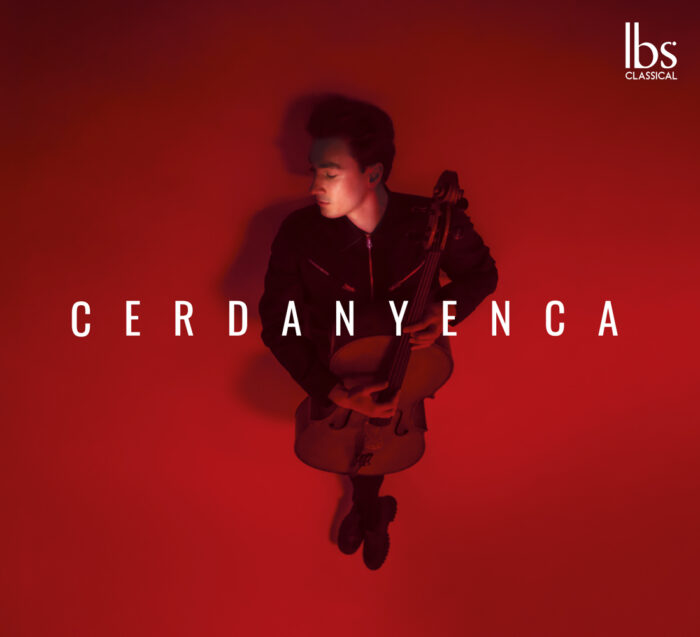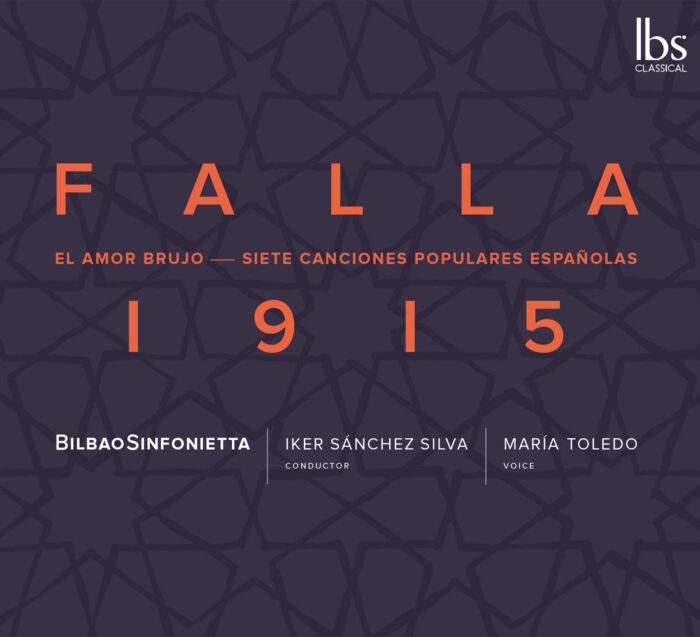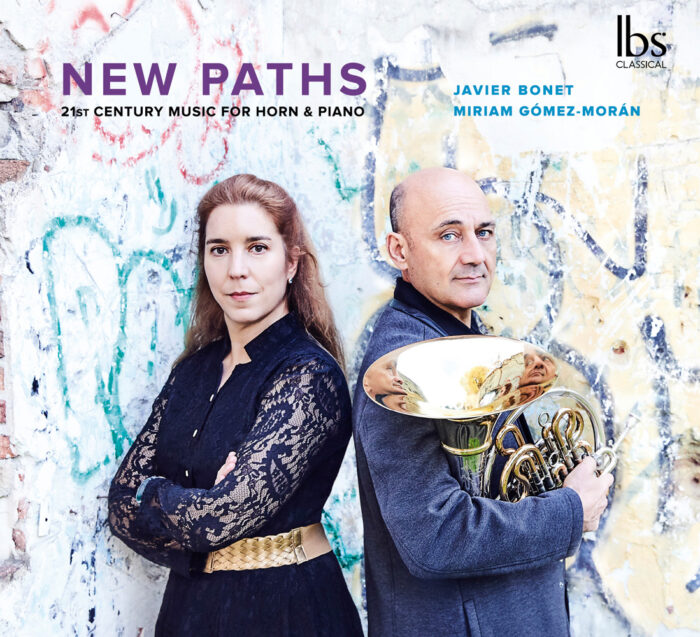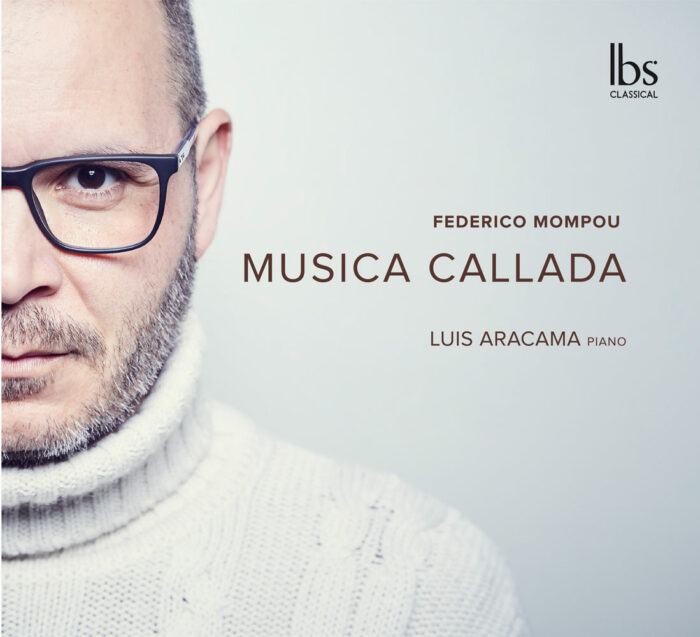Air’s Profile
From Leopold Mozart to Philip Glass, through Johann Joachim Quantz, Frederic Chopin or Claude Debussy, many great composers have paid attention to teaching repertoire. All of them have been very aware of the utmost importance of having appropriate pieces to acquire the different skills in the technical and expressive handling of every instrument, from the first levels of musical education. In addition, how much it can favour the dissemination of the name of its author and the survival of their legacy over time. In short, a clear and intelligent commitment to the future. Works written with a didactic purpose must possess a double quality: to train tomorrow’s virtuosi and, at the same time, to take advantage of the artistic and aesthetic dimension of the musical material.
Madrid-born Eduardo Costa Roldán, has premiered more than thirty chamber and symphonic works. Composition of educational materials is one of his main creative concerns. Tempo de Huida and Berlín 1928, two of the works included in this album Perfil del aire, were born with a clear didactic purpose. The other four titles (Diálogo de sombras, Tríptico, Escenas de la vida de Poulenc and Dos imágenes) were commissioned by renowned flautists. However, with the passage of time, they have been established as a regular part of the conservatory repertoire and, some of them have been chosen as examination pieces in educational institutions, national flute competitions or auditions to symphonic ensembles.
The direct relationship with the performers is a powerful catalyst for the new repertoire in Eduardo Costa’s creative trajectory. His close ties with Salvador Espasa and Julián Elvira, two relationships that have marked his catalogue, are particularly noteworthy. Costa has been a member of the Orquesta de Flautas de Madrid, conducted by Salvador Espasa, since it’s foundation in 1991. This association has led, among other things, to many new pieces and arrangements for this formation. On the other hand, the intense artistic collaboration with Julián Elvira in his productions since 2002, as well as their creative work together, has generated a series of original works for flute, specifically for the Pronomos flute, Elvira’s great life project.
The Pronomos flute is a new instrument conceived and designed by Julián Elvira and built by Stephen Wessel in 2009. This instrument extraordinarily expands the sonic possibilities of the modern flute proposed by Boehm and manages to exploit its expressive qualities to the full. The Pronomos flute is the result of the application of the Complex System theory, developed in the 1980s by the Hungarian flautist István Matuz, as a framework for searching and organizing mathematical and acoustic results on the transverse flute. With Pronomos, techniques are extended and the attainment of resources are made easier (multiphonics, plural timbre, microtones or resources used in flutes from different cultures).
The time period covered by Perfil del aire spans two decades: from 1993 to 2013. Of the six works included, four have been published (Tempo de huida, Tríptico, Berlín 1928 and Escenas de la vida de Poulenc). Only one of them has been previously recorded (Tríptico).
Eva Sandoval
